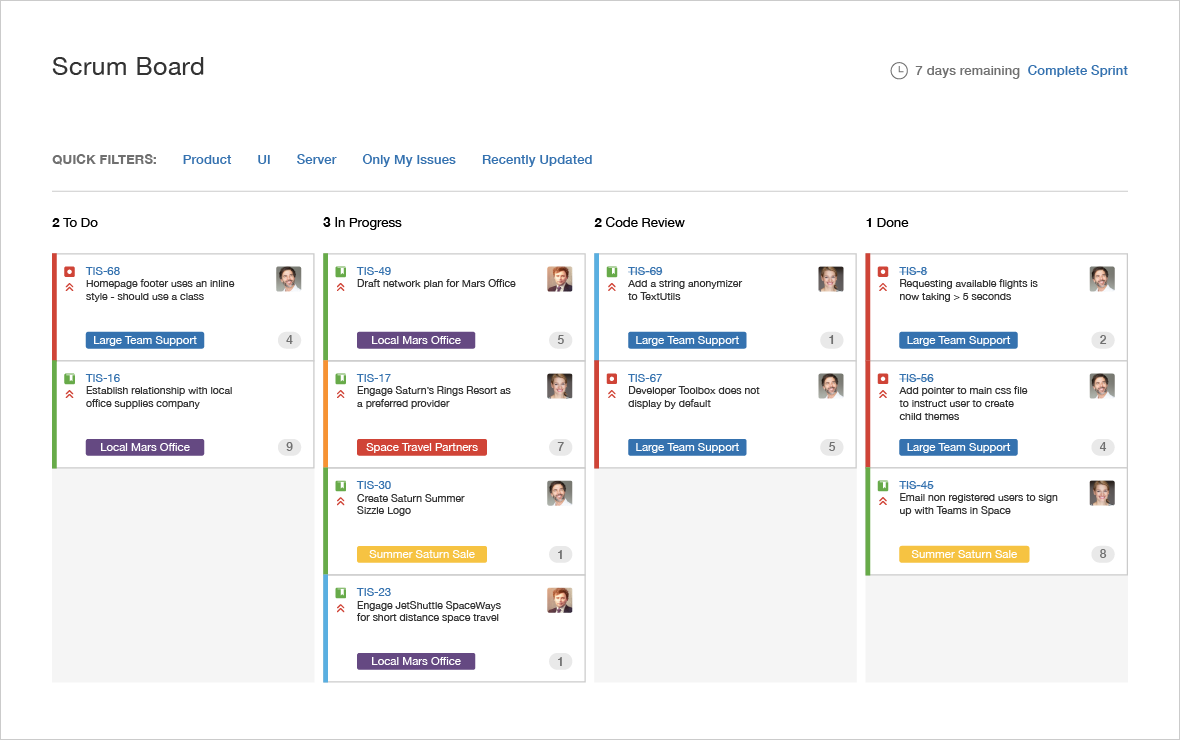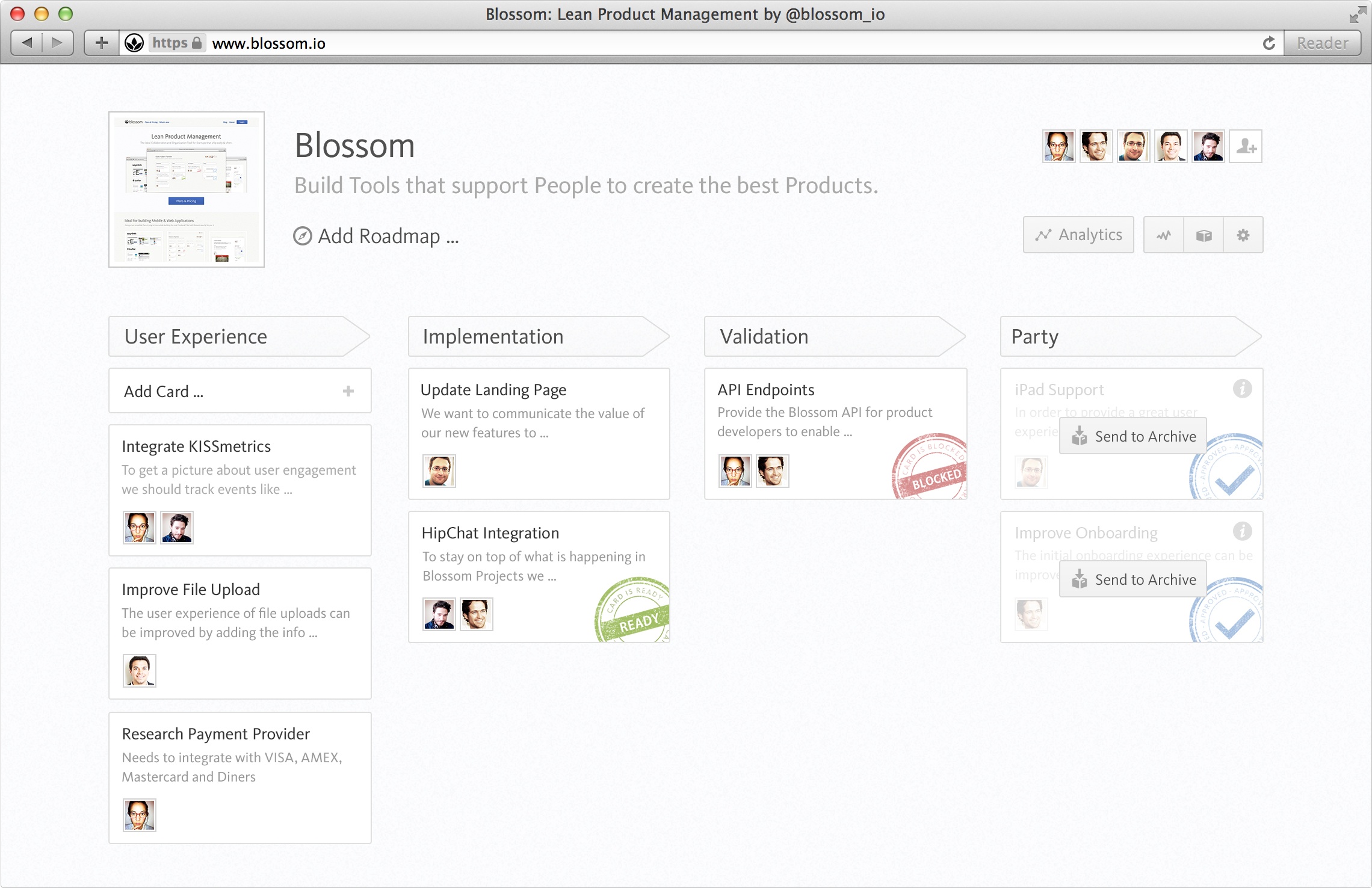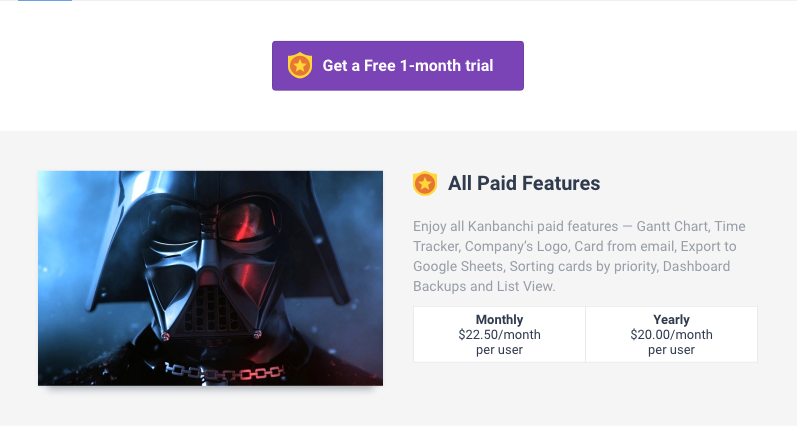Topics:
Marketing StrategySubscribe now and get the latest podcast releases delivered straight to your inbox.
Agile Tools for Marketing
Marketing technology tools have to be fast, real-time, and easy to use. The tools to access data, run the analysis, and make decisions need to be at your fingertips.
- JIRA
- Taiga
- Blossom
- Kanbanchi
With today’s always online, always connected society, there’s a need to react fast, adjust, and embrace the changes happening here and now.
The processes that once took weeks are now getting implemented within days or even hours, as brands try to keep up with volatile markets and aggressive competition.
Agile has become everyone's favorite project management and delivery buzzword -- including marketers.
What is Agile Marketing?
Agile marketing is a tactical marketing approach in which marketing teams collectively identify high-value projects on which to focus their collective efforts.
It's based on embracing change rather than sticking to a rigid plan; making data-driven decisions rather than anecdote based decisions; quick reactions versus the big bang changes; smaller experiments; and most of all collaboration over hierarchy.
Teams use sprints (short, finite periods of intensive work) to complete those projects cooperatively. After each sprint, the team measures the impact of the projects, and then continuously and incrementally improve the results over time.
Agile teams may also determine that a project was not valuable and should not be repeated, but this is still considered a success.
Agile marketing embraces failure so long as it comes with lessons and action items to produce potentially powerful projects in the future.
Implementing Agile Marketing: Key Pieces
While each department will find the precise Agile format that works best for them, any Agile marketing implementation will have these four features in some form or fashion:
- Sprints - Mentioned above, a sprint is how long you give your team to complete their current projects. Typically these range from two to six weeks. Some bigger initiatives won't fit into a single sprint, so you'll need to break those up into bite-sized pieces that you can tackle over multiple.
- Stand up meetings - Every day your team needs to get together and have a very brief check in. These should be 15 minutes at the most. Each team member goes over what they did the day before, what they're planning to do today, and any blocks they've encountered. Blocks should be addressed right away.
- "Board" to track project progress - Whether it's the good ole' whiteboard with sticky notes, a nice and simple Asana board, or a big fancy specialized software, you need a centralized way to track your sprint that everyone has access to.
- Teamwork - Ok, this isn't a tangible item, but it is very important. While an individual may "own" a task, the success or failure of the sprint rests on all the team members. Everybody has to be prepared to collaborate and assist in the Agile framework.
While you can surely DIY many of these key pieces, sometimes it's most effective to use a collaboration tool.
What are the Best Agile Marketing Tools?
Marketing technology tools have to be fast, real-time, and easy to use. The tools to access data, run the analysis, and make decisions need to be at your fingertips.
There are an incredible number of agile marketing tools and options. Perhaps far too many, but everyone likes to manage their projects slightly differently.
Below are 4 of the most popular Agile Marketing tools to check out to find what works for you and your team.
1.JIRA
 Today, JIRA is a household name, and arguably the big daddy in the world of agile tools.
Today, JIRA is a household name, and arguably the big daddy in the world of agile tools.
What started out as a bug and issue tracking system is now complete with task management, team collaboration, and reporting features to make JIRA a fully-fledged agile tool.
With JIRA, you can manage a variety of different projects (e.g. Scrum, Kanban, Traditional project management for non-development projects), and it can be configured allowing for unique workflows and processes, so you’re able to use an out-of-the-box workflow, or create one to match the way your team works.
The power of JIRA is its flexibility and integrations.
With the suite of other Atlassian tools, including Confluence and HipChat you can connect JIRA to Bitbucket or GitHub and provide your team with end-to-end traceability, from backlog to deployment. With more than 2,000 add-ons in the Atlassian Marketplace, you can find just about any customization and extension for JIRA to fit your use case.
JIRA offers a 7-day free trial and costs from $10/user/month (based on 10 users).
Last year, we made a transition to Agile Marketing at IMPACT using Scrum.
2. Taiga

Taiga is an award-winning, ope- source, agile project management tool built to be streamlined, simple, easy to use and powerful.
Functionality is focused on Scrum and Kanban with the ability to create product backlogs with sprints, epics, and user stories.
The product is evolving rapidly and includes bug tracking, tasks, a documentation wiki, gamification, and social management – allowing teams to help one another. While Taiga includes task management, and team collaboration components, the reporting aspect has its challenges.
Taiga also has slightly fewer integrations including Gogs, Gitlab, GitHub, Bitbucket, Slack, Toggl, and HipChat. Taiga has an API available in case you'd like to integrate it with your other tools.
Taiga is a free agile tool (for up to 4 users) but costs from $19/month for up to 25 users.
3. Blossom
 Blossom is an agile project management Kanban tool that’s been built as a project tracking tool for distributed teams. It features a customizable Kanban workflow to visually represent the status of work being done.
Blossom is an agile project management Kanban tool that’s been built as a project tracking tool for distributed teams. It features a customizable Kanban workflow to visually represent the status of work being done.
Task management is achieved through flexible cards which enable the addition of files, comments, to-dos, and more.
Their emphasis is on simplicity and clarity with an uncluttered interface that makes it easy to see who is working on what, and why. Blossom visualizes the flow of your features from inception until delivery and helps to identify roadblocks & bottlenecks along the way.
While time tracking isn’t part of the feature set, there are performance analytics and insights within Blossom to help you understand how long a feature took from inception until delivery and other useful insights for team retrospectives.
Blossom has tight integrations with GitHub, HipChat, Flowdock, and Slack, as well as an API to integrate with your other tools, and offers a 14-day free trial and costs from $19/5 users/month.
4. Kanbanchi

Kanbanchi is a free agile tool built on top of Google Apps. As the name suggests, it’s a Kanban tool similar to Trello (and with a Trello boards import function) that has boards and cards for agile project management.
While task management is covered, to become really useful, you need to upgrade to their paid plan which gives you some useful features including Gantt charts, time tracking, adding cards from email, exporting to Google Sheets as well as some different views – sorting cards by priority and a list or scrum view.
If you’re already using Google Apps, it’s a good choice with some useful integrations with Google Apps including email notifications about dashboard updates, push start/due dates to Google Calendar and attaching files from Google Drive. Apart from Google Apps though, it’s light on integration options.
But if that’s not enough for you, you can get unique dashboard templates, custom features and integrations for your domain, or a private instance of Kanbanchi to fit your organisation’s process and requirements.
 Kanbanchi is a free agile project management tool, but costs from $22.50/user/month for all paid features.
Kanbanchi is a free agile project management tool, but costs from $22.50/user/month for all paid features.
Key Takeaway
Adapting some of the tools above will help your company, and the marketing team in particular, to become more agile, efficient, and productive. It will increase collaboration, reduce the time waste, and, most of all, empower your staff to express their ideas and make a difference.
Which agile tools are you using for marketing? Please share in the comment box below!


Order Your Copy of Marcus Sheridan's New Book — Endless Customers!

